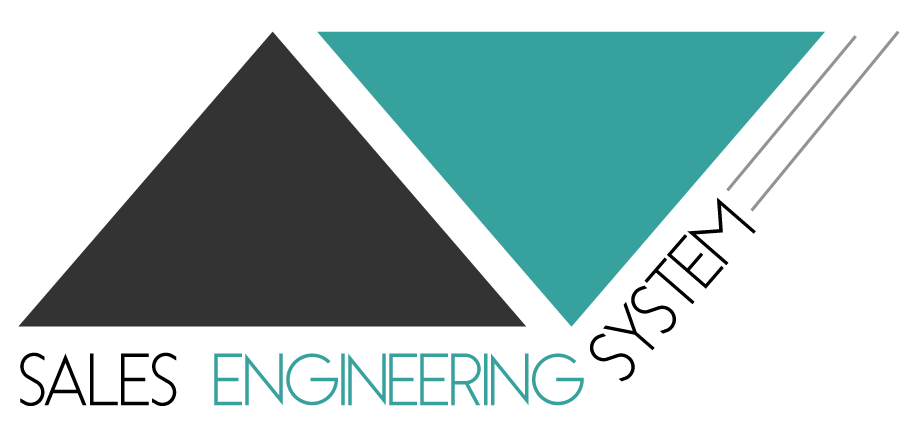The 3 E’s of an Elite Sales Team
Solid hiring practices are important for building an elite sales team, but customized sales training is even more important.
Creating a great sales organization starts with hiring the best people possible, training them thoroughly, and then both managing and motivating them. Here are three things you should consider when hiring new sales people for your team.
I call them the 3 E’s of selling success: Education, Experience, and Environment, and here is why they are important.
Education
To be successful in any organization, sales people must be trained. Knowledge of the company’s offers and knowledge of its unique sales process are two fundamental and absolutely essential elements of any sales training program.
Education in this case, then, refers to the training that a company provides to its sales team. Companies often forego customized internal training and instead rely on academic educational background and perhaps generic sales training to determine the educational standards of new sales hires.
This is a huge mistake.
Really the only effective kind of sales training—the kind of education that yields the skills, knowledge, and expertise necessary to be successful selling the company’s products and services—is a custom-developed, internal sales training program.
Sales people must understand, from every angle and in great detail, what the company sells and, more importantly, how those products and services provide value. They must also be able to seamlessly execute the company’s unique selling process which need to be both documented and institutionalized.
The custom educational process should start immediately after hiring and should prepare the new sales person for deployment to the field. Ongoing sales training should also be conducted to ensure that the sales force is continuously updated on changing offers and evolving strategies.
Experience
Experience in sales is important but, interestingly enough, it isn’t as important as education or even environment. A sales person with the right skills, knowledge, and expertise can compensate for a lack of experience. Of course, the less experience there is, the more education is required.
With that said, experience is invaluable when it comes to understanding a particular industry and the markets served within that industry. Understanding the basic lexicon and jargon of the industry, as well as the nuances of buyer behavior can help a sales person to achieve success.
Internal training programs should take this into account and incorporate modules into the curriculum to cover these topics, based on the hiring model for new sales personnel and specified experience requirements. For example, if the company plans on hiring relatively inexperienced new sales people, the internal program should range far beyond the company’s offer and unique sales process.
Particularly in the case of entry-level sales people, the program should not only cover industry specific information, but should also address basic selling and communication skills.
Environment
Of the three factors that drive successful sales force hiring, environment is most often overlooked.
Some companies support their sales teams much more effectively than others do. When hiring a sales person with prior experience—especially if you are hiring them specifically for that experience—it’s important to understand how they were supported in their previous role. This level of support should then be looked at through the lens of how they will be supported in their new role.
For example, let’s say that the new sales rep is highly experienced in the industry, knows the jargon, and speaks the language. In the previous role, this person had a solid book of existing business and was mainly responsible for building and maintaining these relationships, and did so with tremendous results.
In your company, however, the sales person is responsible for maintaining a full pipeline and is expected to prospect in order to continuously find fresh leads. So even though this person knows the business and the industry, they might not be all that effective in their new role because the previous employer used a different method of lead generation.
As soon as you evaluate the environmental differences between their former employer and you, this gap will be revealed. Once you understand the environmental differences, you can then decide either to compensate for them in the training program or else to change your hiring model.
Carefully examining the 3 E’s of successful selling is critical to building a high-performing sales team. Don’t forget that selecting the right sales people for the job is only part of the challenge. Once they’re on board, the only way to ensure long-term success is training and support.






